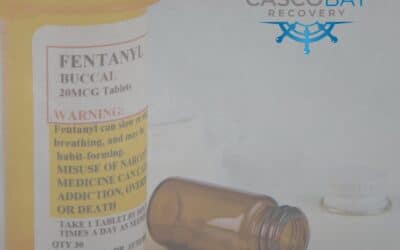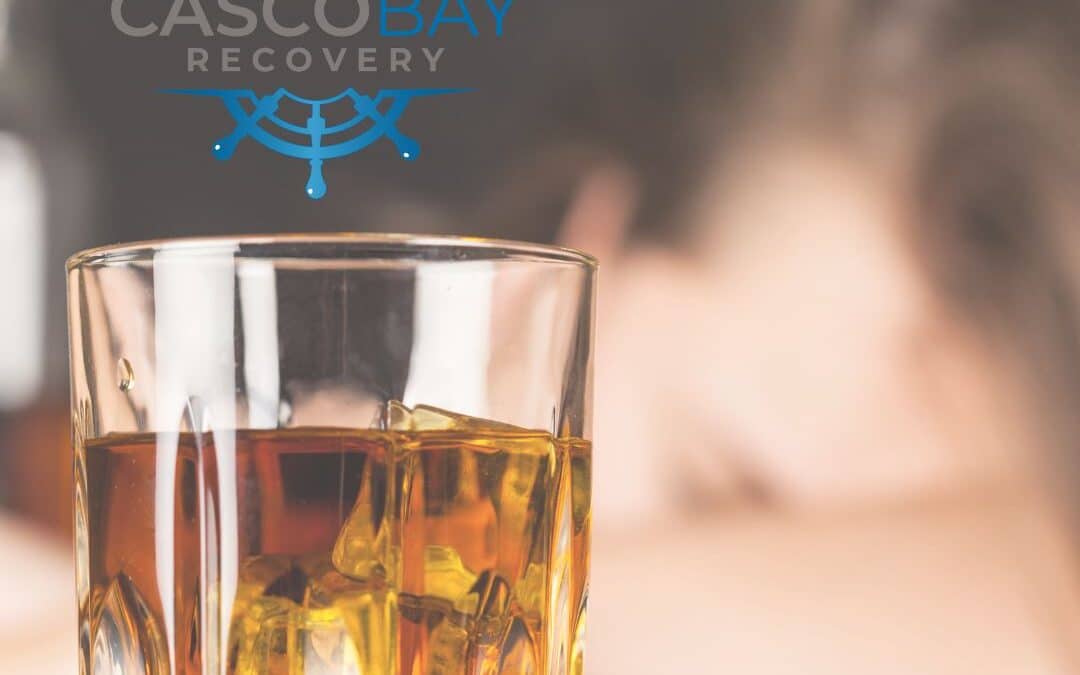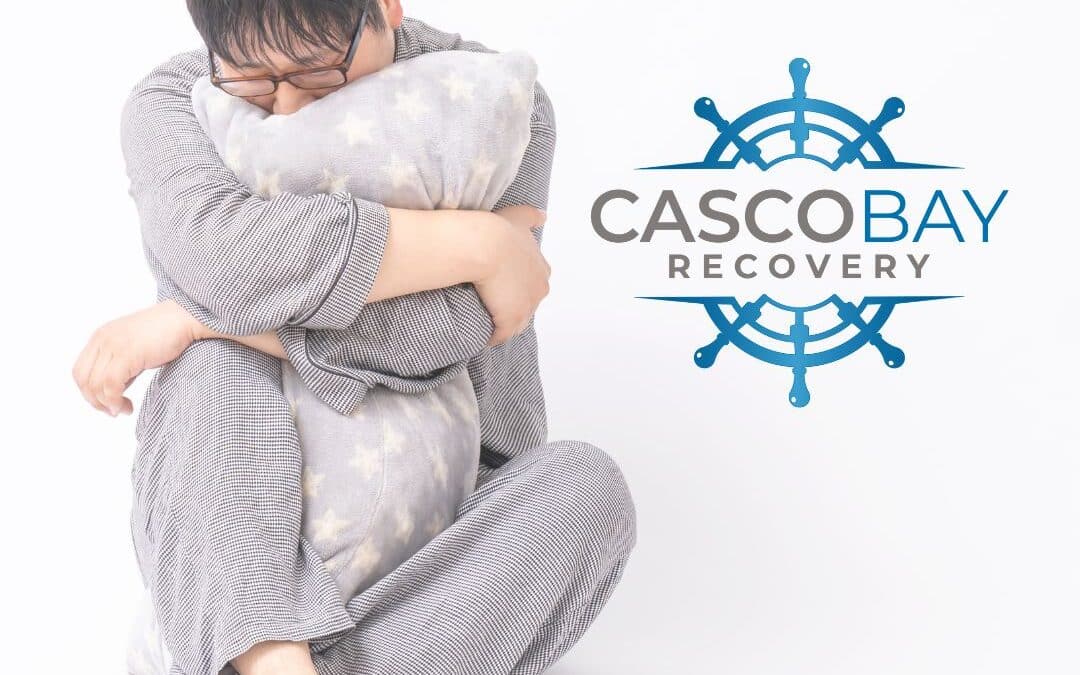As winter fades away and nature begins to bloom, the arrival of spring brings new beginnings and fresh opportunities. However, for individuals in addiction recovery, the change in seasons can also bring unique challenges and triggers that threaten to derail their progress. In this article, we’ll explore the seasonal triggers that commonly arise during the spring thaw and provide strategies to help those in recovery navigate this transitional period successfully. Additionally, we’ll highlight support resources available in Maine to assist individuals in maintaining their sobriety journey.
Understanding Seasonal Triggers: The transition from winter to spring can evoke a range of emotions and experiences that may trigger cravings or exacerbate underlying mental health issues for individuals in addiction recovery. Some common seasonal triggers during the spring thaw include:
- Increased Social Activities: With warmer weather and longer daylight hours, spring often brings a surge in social gatherings, outdoor events, and celebrations. For individuals in recovery, these situations may be associated with past substance use, leading to feelings of temptation or isolation.
- Memories of Past Substance Use: The changing seasons can trigger nostalgic memories of past substance use, particularly if certain activities or events were previously associated with drug or alcohol consumption. As the environment transforms, individuals may find themselves reminiscing about past experiences, which can be triggering.
- Allergies and Physical Discomfort: For some individuals, the onset of spring brings seasonal allergies and physical discomfort, such as headaches or fatigue. These symptoms can contribute to stress and irritability, increasing vulnerability to relapse.
- Mood Swings and Emotional Instability: The fluctuating weather patterns and hormonal changes that accompany springtime can impact mood stability, leading to increased vulnerability to emotional triggers. Individuals may experience heightened levels of anxiety, depression, or restlessness during this time.
Strategies for Overcoming Seasonal Triggers: Despite the challenges posed by seasonal triggers, there are several strategies individuals in addiction recovery can employ to navigate the spring thaw successfully:
- Develop Healthy Coping Mechanisms: Encourage individuals to identify and practice healthy coping mechanisms to manage stress and cravings. This may include mindfulness techniques, deep breathing exercises, or engaging in enjoyable activities that promote relaxation and emotional well-being.
- Create a Supportive Network: Building a strong support network is essential for maintaining sobriety during challenging times. Encourage individuals to connect with peers, sponsors, or support groups that can provide understanding, encouragement, and accountability.
- Stay Mindful of Triggers: Encourage individuals to be mindful of potential triggers and develop strategies to avoid or cope with them effectively. This may involve avoiding high-risk situations, setting boundaries with friends or family members, or practicing assertive communication.
- Maintain Healthy Habits: Emphasize the importance of maintaining a healthy lifestyle, including regular exercise, balanced nutrition, and adequate sleep. Physical health plays a significant role in overall well-being and resilience against triggers.
- Seek Professional Support: Encourage individuals to seek professional support from addiction counselors, therapists, or healthcare providers if they’re struggling to cope with seasonal triggers. Professional guidance can provide valuable insights, coping strategies, and therapeutic interventions to navigate challenges effectively.
Support Resources in Maine: In Maine, several support resources are available to assist individuals in addiction recovery during the spring thaw and beyond:
- Casco Bay Recovery: As a leading addiction treatment center in Maine, CascoBay Recovery offers comprehensive programs and services tailored to meet the unique needs of individuals in recovery. From outpatient therapy to holistic treatments, their team provides compassionate support and evidence-based interventions to promote long-term sobriety.
- Maine Alliance for Addiction Recovery (MAAR): MAAR is a statewide organization dedicated to providing advocacy, education, and support for individuals affected by addiction in Maine. Through their network of peer recovery coaches and support groups, MAAR offers valuable resources and connections for those navigating the challenges of recovery.
- Maine Substance Use Helpline: The Maine Substance Use Helpline is a confidential resource that provides information, support, and referrals for individuals seeking assistance with substance use disorders. Available 24/7, the helpline offers guidance on treatment options, recovery support services, and local resources throughout the state.
- Spring into Recovery Events: Many recovery organizations and community groups in Maine host spring-themed events and activities designed to promote sobriety, wellness, and community connection. These events may include sober social gatherings, outdoor excursions, and educational workshops focused on recovery strategies.
As the spring thaw ushers in a season of renewal and transformation, individuals in addiction recovery may encounter unique challenges and triggers along their journey. By understanding these seasonal influences and implementing effective coping








